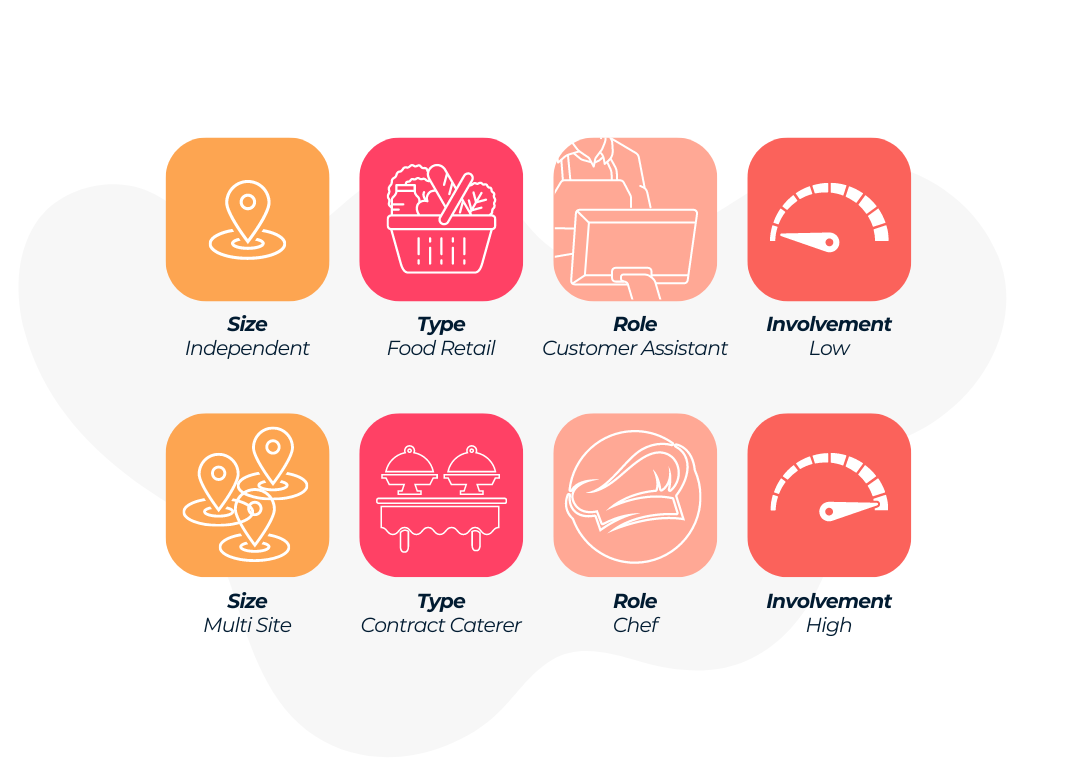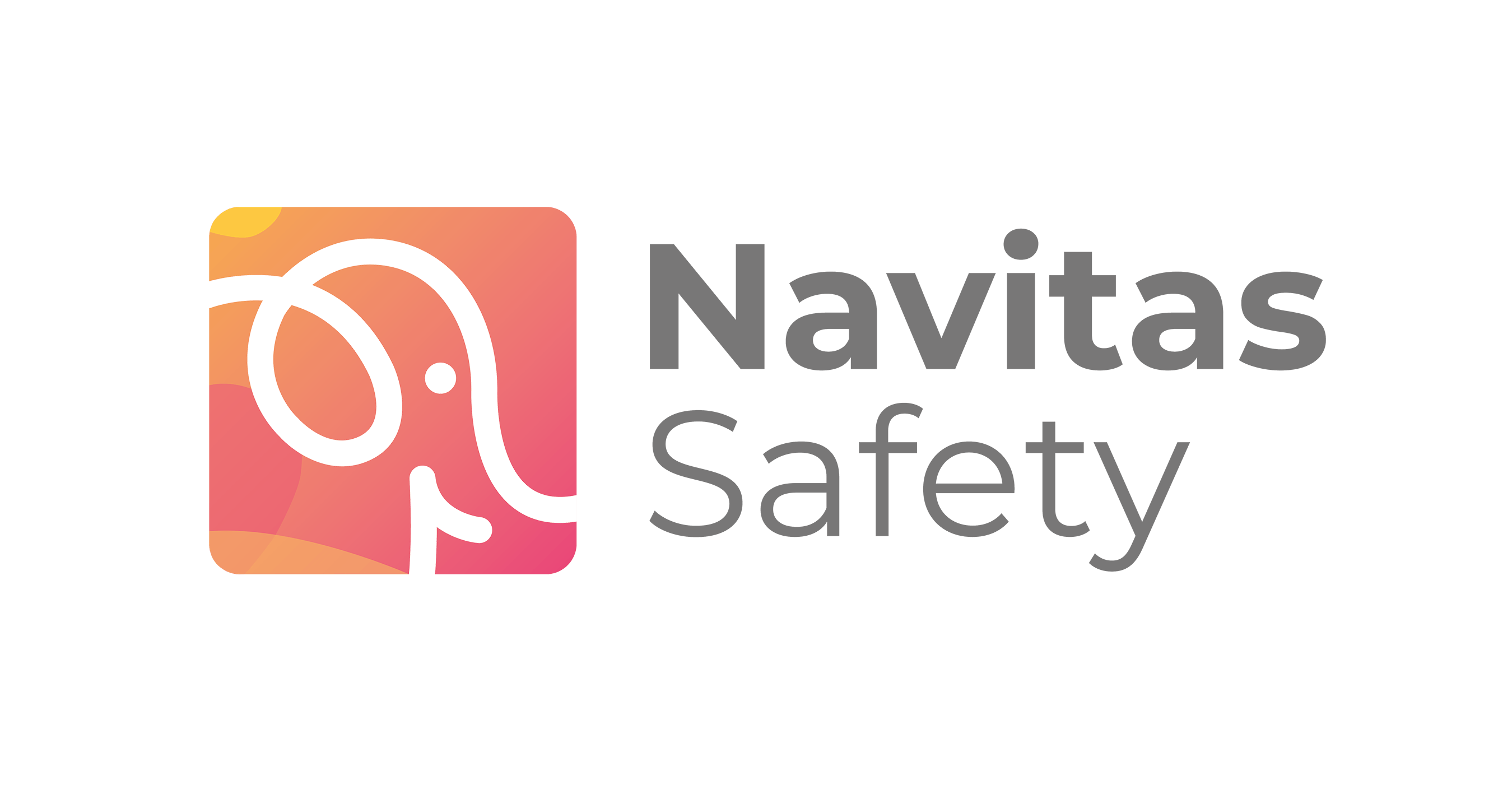Food safety and hygiene has always been a critical aspect of running a hospitality business – making food hygiene courses ever important. By training your staff and investing in their development and safety knowledge, you protect your people and your brand. But from temperature monitoring and hazard identification to proper food storage techniques and allergen awareness, there’s understandably a lot on the plate.
Then, with the hospitality staffing issues that have been prevalent in the post-pandemic years and the introduction of the UK’s new immigration restrictions, it’s never been more crucial to ensure all new staff are appropriately trained and valued team members upskilled.
Over ¼ of the hospitality workforce is made up of international individuals with 8,500 hospitality visas issued last year, bringing in talented chefs and managers. Unfortunately, UKHospitality Chief Executive Kate Nicholls says that “Around 95% of those would no longer be eligible under these plans, despite being offered competitive salaries.” Therefore, the hospitality sector needs to focus more energy on the upskilling of existing developing talent, with more invested into Level 3 management training.
So with this increased focus on training, how do you know which food hygiene courses that you and your team need?
That’s where we’ve got you covered. Navitas Safety has been supporting hospitality businesses with online safety training for the past decade and we’re experts on which food hygiene training is right for you.
Which Food Hygiene Course is best?
Choosing the right food hygiene courses starts with scoping your business first. The best course for you will depend on several factors:
- Type of your business (Restaurant, Contract Caterer, Hotel, Facilities Management, etc.)
- Size of your business (Independent site with single team vs. Multi-site with 200+ staff)
- Role of each employee (End Seller, Front of House, Chef, Cleaner, etc)
- Level of involvement with food (Low or high contact)
- Team dynamics and organisation (Do your staff need to cover the shifts of others? If so then they will need to be trained to the level of the role for the team member they could cover for rather than just their own role)
- New regulations (e.g. Natasha’s Law, Mandatory Food Waste Segregation, etc.)
There’s no one-size-fits-all solution when it comes to choosing the right food hygiene courses. Every business is different and it’s down to managers, owners and supervisors to assess what’s right.
Here's some examples:
If your business is an independent (size) food retail store (type) that has customer assistants (role) that only sell products rather than being involved in food handling and preparation (level of involvement), then only basic food hygiene courses are necessary. This means Level 1 training.
If your business is a multi-site (size) contract caterer (type) that has chefs and dinner ladies (role) who are responsible for preparation and serving of food items (level of involvement), then they will require Level 2 or 3 training.

So, what are Level 1, 2 and 3 training courses? Let’s dive into what each entails.
Do I need Level 1 or 2 Food Hygiene?
Who is Level 1 Food Safety Training best for?
Level 1 is considered the most basic of food hygiene courses – the minimum standard of safety training. It is appropriate for staff who have minimal contact with food, such as:
- Cashiers
- End Sellers (E.g. selling wrapped food in a deli)
- Warehouse Staff
- Back of House (E.g. Dishwashers)
- Front of House (E.g Bar Staff)
Whilst these teams might not often be directly involved with food preparation, having basic knowledge of food safety is key to keeping your business safe. This level of food hygiene training will ensure your staff have the basics of food safety awareness. Namely in terms of cleaning and disinfection techniques, personal hygiene when handling food, as well as being aware of the most common food hazards.
However, it’s worth considering some of our key factors here. For instance: team dynamics and organisation. More and more hospitality businesses are deciding to upskill staff by upgrading their Level 1 training to Level 2 in order to maximise efficiency and staffing issues. That way, more staff can cover other staff roles when required.
As ¼ of the hospitality workforce will likely no longer be eligible to work in the UK, businesses need to enhance their efforts to upgrade all team members to a more comprehensive level of training. This will help your business to thrive in tougher times thanks to cross-skilling and investment, replacing the gap in skilled managers and workers that the immigration restrictions will create.
Who is Level 2 Food Safety Training best for?
A Level 2 food hygiene course is much more comprehensive than a Level 1. It focuses heavily on best practices and deeper knowledge of food safety, empowering your staff to be aware and capable of handling food to the highest of safety standards. It is appropriate for staff who have frequent contact with food, such as:
- Chefs
- Kitchen Staff
- Wait staff who support with desserts and sides, etc.
- Any Front and Back of House Staff who handle food
Anyone regularly involved with food should be trained with a Level 2 food hygiene course. All foodservice businesses should consider this course for their team members – including hotels, supermarkets, coffeeshops, care homes, food manufacturers, school canteens, etc.
Level 2 food hygiene courses typically include education on the following topics:
- Food hazard identification and control
- Temperature monitoring
- Storage
- Allergen awareness
- Personal hygiene best practices
- Cooking safety procedures
- Cleaning and disinfecting techniques
- Pest control and more
Getting your team ready to identify and control food hazards and avoid cross-contamination will ensure greater safety standards to protect your brand. On top of that, getting all members of your team fully equipped with this level of food safety training will promote a positive safety culture within your business and with your customers.
Do I need a Level 3 Food Hygiene Certificate?
Who is Level 3 Food Safety Training best for?
A Level 3 training course is a much more granular course to help you manage safety properly with your teams. It covers food safety in much more depth and reinforces your brand’s safety standards, making it ideal for:
- Managers
- Business Owners
- Supervisors
- Team Leaders
After completing a Level 3 food hygiene course, you will know how to effectively set up a food safety management system and manage your teams in regards to food safety practices.
Although, you don’t have to be management level to benefit from a Level 3 course. Head Chefs and Chefs may wish to consider upskilling to this in order to ensure total safety confidence and lead by example in the kitchen. In other words, it helps with smoother operations and maintaining safety know-how when managing and training the rest of their staff.
Are Food Hygiene Courses enough to keep your brand safe?
Completing a food hygiene course is a great first step to manage food with total confidence and meet your legal requirements of having your staff suitably trained. But the answer is no – you need to stay up-to-date with all things safety, not just food safety!
Of course being trained on Level 1, 2 or 3 food hygiene courses is great. However, regulations constantly change and sometimes a little refresher is needed in order to impress your EHO at your next inspection and maximise your chances of getting that 5* rating. Also, you might want to be trained on specific topics appropriate for your business – e.g. Alcohol Licensing, Allergen Management or Health & Safety in the workplace.
Plus, we know that sometimes your teams just need a refresher in order to empower them and keep your premises safe and performing. So, we offer our Safety Bites to support and expand upon Level 1, 2 and 3 training topics.
These are bite-size monthly courses that cover various safety topics, from Knife Safety to Pest Control. Running across 12 months, these mini online training courses include videos, games and quizzes to maintain consistent, comprehensive safety knowledge. You can arrange the topic schedule to suit your business needs, and swap out which staff members are enrolled if one course suits some but not others. It’s all tailored to you!
And the best part? It’s only £1.50 per enrolment, per month.
Check out our 2024 course schedule for you to customise:
Download our Safety Bite Solution Sheet to find out more:
How much does a Food Hygiene Certificate cost?
The cost of your food hygiene courses increases with each Level of training. This is in correlation with how much content and support there is within the course and the duration of it.
At Navitas Safety, we offer Levels 1 – 3 Food Hygiene as fun, interactive online courses. Your team members can complete these from anywhere, on mobile, tablet or desktop, hopping in and out as they please. Plus, you can manage all staff certificates and courses within one handy learning dashboard.
£12 – Level 1 Introduction to Food Safety
£18 – Level 2 Food Safety
£90 – Level 3 Managing Food Safety
Invest in your teams today and chat to us to get your food hygiene courses up and running!
If you need help with your safety processes, speak to a member of our safety team who will be able to advise you on how to operate safely.
Subscribe for more safety content updates:







